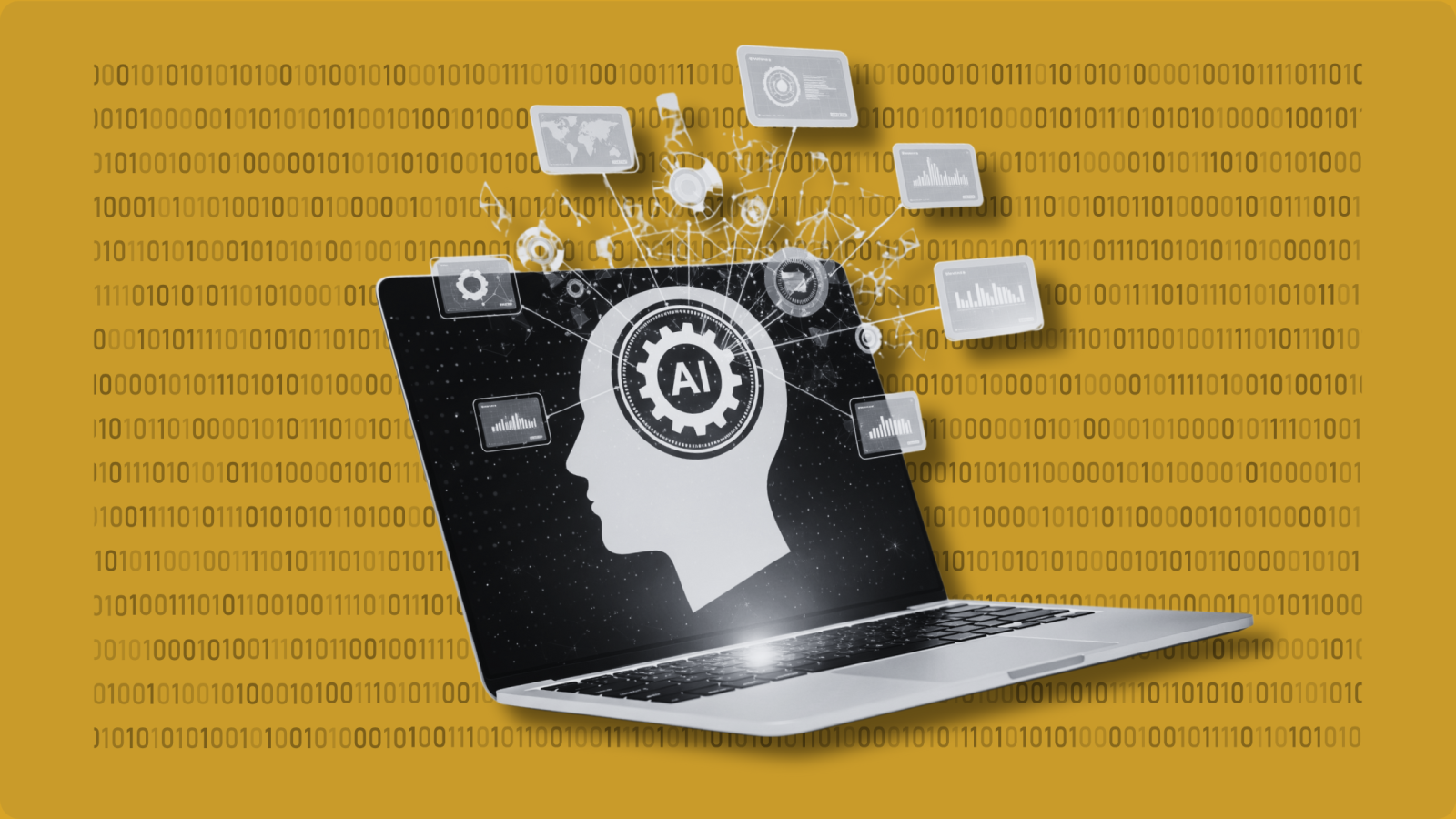Accessing the internet: How AI will reshape digital discovery, consumption, and ad revenues

Photo: Image made with Canva Pro

In last week’s blog, I wrote about whether AI is the new “world wide web”. Having a www-dot address was once a path towards making millions. With the benefit of hindsight, this oversimplification seems absurd. The same pattern is now repeating with AI.
This week, however, I want to talk about the new “world wide web” in a more literal sense. ChatGPT, Claude, and Gemini are becoming the default portals through which users access the internet, often in place of Google, Bing, and Yahoo. Yet this isn’t a straightforward like-for-like replacement. The ripple effects across discovery, consumption, information, and even ad monetisation will impact the entire digital value chain.
The internet is flattening
Earlier versions of the digital world were highly interactive. Finding information or content required search, click-through, and a process of discovery to land you on a specific website. This led to a variety of ad placement opportunities, and interim exposure to new information, content, and websites along the journey.
Social platforms have already flattened much of this process, as they offer users the ability to discover, engage, and consume content and information largely on-site. The likes of ChatGPT throw yet another upset into the mix. Instead of searching on Reddit, TikTok, or Google, users are going directly to AI. Instead of clicking through a link to get what they’re after, the AI platforms will show users everything they need on-site, hyper-personalised and ready to go.
At the moment, for entertainment this is limited to summaries, explanations, and images. However, as the AI companies work to build out video, music, and image generators, as well as their own social platforms like with Sora, this could change. A user may one day search “Pirates of the Caribbean Six” and be shown an instantly-generated full movie on-platform. They could ask for a Beatles album and be delivered a wholly new album in the Beatles style created just for them.
And it is likely that many users won’t bother to ask questions.
Featured Report
Social audiences are fragmenting Social platform user profile
The social marketplace has been growing – but attention is a finite resource, as is consumer time. As a result, audience attention is fragmenting across many different apps, with the biggest – YouTube, Instagram, Facebook, and TikTok –still dominating.
Find out more…Schrödinger’s trust in AI
When asked colloquially, AI users will often oscillate between implicitly trusting AI to teach them the basics of something they know nothing about, but acknowledging that it is often inaccurate on the things that they do already know something about. It’s an odd conundrum, because the two perspectives contradict each other.
Users seem both self-aware enough to know they probably shouldn’t trust AI implicitly, but nevertheless willing to outsource anything from work emails to business plans. Even Amazon itself is reportedly looking to increase use of AI while cutting a record number of jobs.
MIDiA’s consumer surveys show that consumers mainly turn to AI for information or for help with tasks. This means traditional entertainment is likely still valued as leisure time well spent, and AI will only compete in the same way that user-generated content already does on social. But it’s worth noting that there is a deteriorating environment of trust, reliability, and cultural cohesion on the horizon, and changing discovery could lead to bigger, entertainment-specific impacts longer-term.
The future of ad revenue
Much of the internet is funded by ad revenues. Yet ad revenue relies on eyes on websites to be worth the spend. Google’s own AI overview is undercutting the sites below it, with a July study finding up to 80% fewer click-through’s for results below the summary (per The Guardian). As web traffic drops, so will ad spend.
We will likely see many propositions opting for closed-border, subscription-only systems – like the Economist, Netflix, or a sizeable amount of Substack. This will protect them from being duplicated (and thus be made redundant) by AI; and become less reliant on fleeing ad revenue. But this will compete directly for shrinking consumer spending. It will also, ironically, reduce the amount of reliable content AI will have to train on, which in turn will reduce its own value to the marketplace.
To defend against the AI threat of redundancy and reduced ad spend, the very structure underpinning the online world will change. Walls will go up; free-to-access sites will have to find funding from something other than ads. Who publishes what, where, and why, will all change.
The future free tier of the internet is user-generated memes, product samples, and information propagated for purpose. The juicy bits will all sit in protected spots behind paywalls, marketed through clever content optimised for AI search results and analogue advertising.
Users are already adapting to this new digital world. Marketers and advertisers will have to move quickly to keep up.

The discussion around this post has not yet got started, be the first to add an opinion.